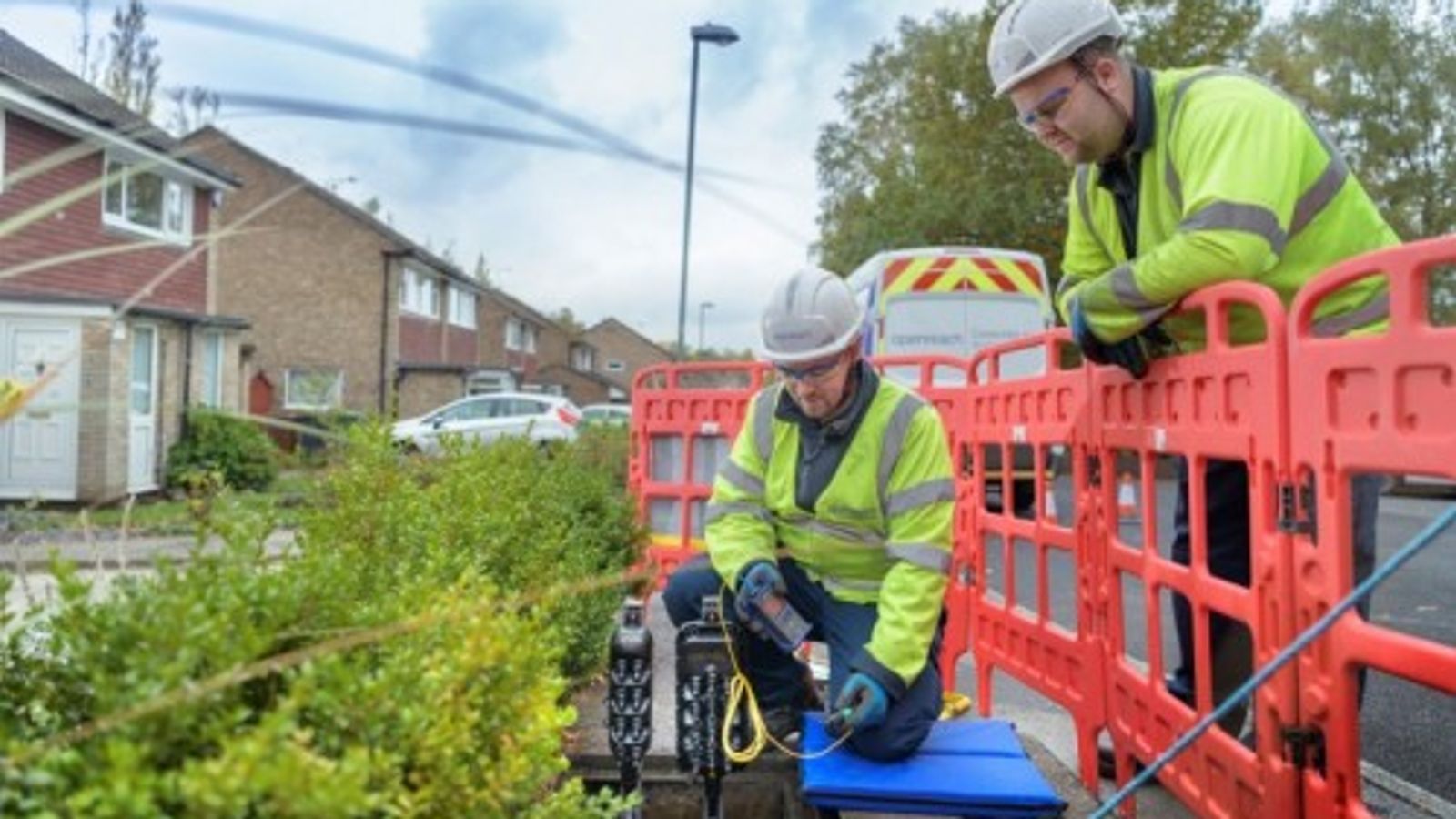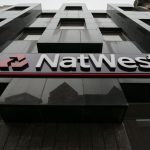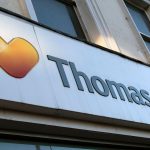For many years, one of the most tense relationships between regulators and regulated in the UK was between BT and Ofcom, the telecoms and broadcasting watchdog.
BT was seen as having run rings around its regulator for quite some time but, during the last decade, Ofcom adopted a notably tougher approach.
Under its former chief executive Dame Sharon White, now chair of the John Lewis Partnership, Ofcom made increasingly clear it was unsatisfied at the pace of fibre roll-out.
Relations with BT under its last chief executive, Gavin Patterson, became strained.
At one point it even looked as if Ofcom could enforce a break-up of the former state-owned monopoly and force it to spin off its infrastructure arm Openreach.
Mr Patterson saw off that threat in a settlement with Ofcom in 2017 but mistrust remained on both sides.
Both Ofcom and Openreach’s customers, including Sky, the parent of Sky News, remained unhappy at the speed of high-speed broadband roll-out.
For his part, Mr Patterson remained constrained in terms of how much he could spend, partly because of high spending on sports rights but more especially because of the relatively generous dividend BT was paying shareholders and the chunky payments required for its pension scheme.
Mr Patterson’s departure, announced in June 2018, was an opportunity for both sides to hit the reset button on their relationship.
Since then, under his successor Philip Jansen, BT has been more honest with itself about the extent of investment required in Openreach.
The dividend was suspended this time last year as Mr Jansen announced plans to raise investment in fibre roll-out.
A year on, Mr Jansen has decided it is time to step up again.
BT announced today that it has raised its target for fibre-to-the-premises (FTTP) roll-out.
It said that, during the last year, it had passed a record 2 million homes and businesses but believed Openreach now had the capability to reach around 4 million premises a year.
Accordingly, it has raised its target for total FTTP build from 20 million to 25 million premises by December 2026, having raised it from 15 million to 20 million this time last year.
Up to 7,000 new jobs are promised as a result.
Several factors have driven this decision, as BT acknowledged this morning, of which one is the “super deduction” recently announced in his budget by Rishi Sunak, the chancellor, aimed at encouraging business investment.
Another is the take-up of high-speed broadband services where FTTP has already been rolled out.
A third is the relatively low sum that BT and other operators have had to stump up for 5G licences.
And the fourth, illustrating the improved relationship between BT and Ofcom, is the Wholesale Fixed Telecoms Market Review unveiled by the regulator in March in which it allowed BT to charge higher prices for full fibre connectivity.
Crucially, it also gave the builders of broadband networks greater certainty to invest by announcing that there would be no cap on wholesale prices for full fibre until 2031 at the earliest.
That may be bad news for some customers who are perfectly happy with their existing broadband services and who will be sceptical about having to pay more for full fibre.
But in terms of encouraging full fibre roll-out – a key enabler for the long-held desire to see a raising of productivity in this country – it is undeniably going to have an impact.
Mr Jansen said today the recent changes would have three “massive benefits”.
He added: “It allows us to go faster, beefing up our capacity to build fibre to households and businesses; it allows us to go further, getting fibre to more people including in rural communities, and it will help fuel UK economic recovery, with better connectivity and up to 7,000 new jobs.”
As significant today was Mr Jansen’s declaration that, for the first time, BT is prepared to partner with outside investors in seeking to hit this higher target.
This business model is established elsewhere in the industry in the UK – for example, City Fibre has been partnering with Vodafone, Sky and TalkTalk Telecom – but it would be new to BT.
Mr Jansen said today he had an arrangement in mind similar to that between KPN, the Dutch equivalent of BT and the infrastructure arm of APG, the Dutch pension fund manager, although he is thought privately to also favour partnerships with Sky and Virgin Media, respectively the UK’s second and third largest broadband providers after BT.
That may not be the only joint ventures Mr Jansen is contemplating.
He confirmed today he is keeping “an open mind” about options for its loss-making BT Sport arm after the Daily Telegraph recently reported it was looking to sell part of the business.
The pressure may be slightly lower than it was before, though, after today’s confirmation that the Premier League will be allowed to roll over existing TV rights deals with BT Sport, Sky, Amazon and the BBC for a further three years.
This will give investors a further element of clarity.
Mr Jansen said: “It’s very possible we make no changes at all, because BT Sport now has a very clear profile and we’re happy with it.
“It’s possible that we do some sort of partnership or joint venture and, of course, it is possible that we don’t end up with BT Sport because there’s a better owner of it who can invest more than we will invest.”
He was speaking as BT reported a 23% drop in full year pre-tax profits, to £1.8bn, on sales that were down 7% to £21.3bn.
That partly reflected higher capital expenditure and the impact of COVID-19 on BT’s consumer and enterprise arms.
There was one more significant announcement from the company today.
BT unveiled plans to plug the deficit – one of the biggest in corporate Britain – in its pension scheme.
It said that, as at the end of June last year, the deficit was just shy of £8bn – down £1.5bn at the time of the previous valuation in June 2017.
This, too, should give the business more certainty over its cash outlay in coming years.
On the other side of the ledger Mr Jansen said that, once the majority of full fibre roll-out had been completed in 2026, cash flow would “go through the roof”.
This greater predictability meant Mr Jansen could today dangle the prospect of a resumption of dividends to BT shareholders – which include more than three-quarters of a million retail investors.
There is no full year dividend, as previously announced, but payments are expected to resume during the current financial year.
As for the share price, that fell by nearly 6% today, partly because of the wider market sell-off but also because of the higher spending implicit in the increased target for FTTP roll-out.
It may also reflect that, after many years of mediocre performance, BT shares had risen in value by 60% during the last six months, making them ripe for a spot of profit-taking.
There are also inherent risks in the business.
Mr Jansen is being bold in accelerating the roll-out of FTTP but the extra costs involved may not necessarily translate into greater profits.
Competition in the sector is intense and Virgin Media will represent a more significant threat once it has completed its merger with O2.
Bringing in a joint venture partner to help with FTTP roll-out will help mitigate those costs – but nonetheless it does represent the crossing of a Rubicon by BT.






















